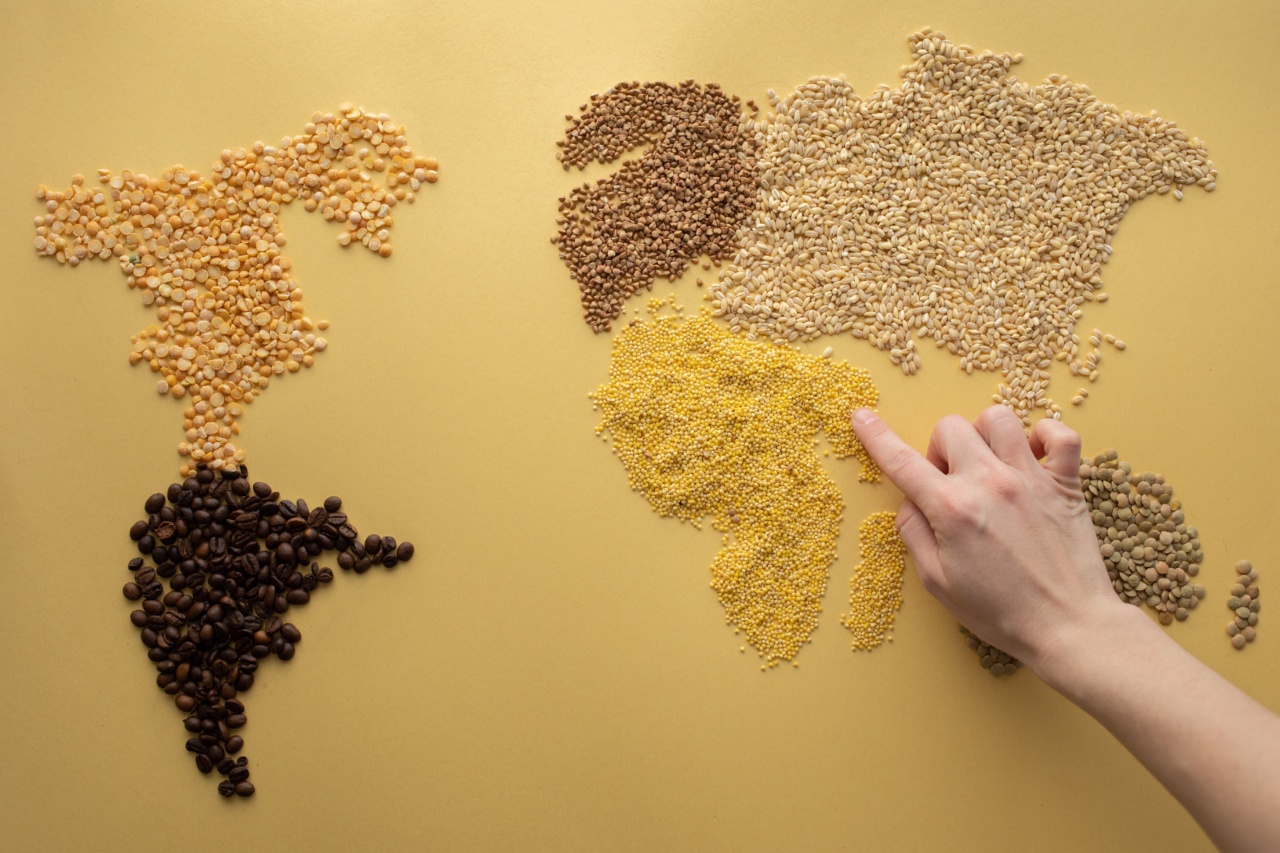Good nutrition plays a crucial role in maintaining a healthy lifestyle. It provides the body with essential nutrients and energy needed for growth, development, and overall well-being.
With the increasing prevalence of lifestyle diseases and the importance of healthy eating, World Nutrition Day is celebrated annually to raise awareness about the significance of proper nutrition and its impact on our lives. This article delves into the importance of nutrition and highlights the significance of celebrating World Nutrition Day.
Understanding Nutrition
Nutrition refers to the consumption of food and its utilization by the body for various physiological functions. A well-balanced diet consisting of proteins, carbohydrates, fats, vitamins, and minerals is essential for maintaining optimal health.
These nutrients are responsible for providing energy, repairing body tissues, boosting the immune system, and promoting growth and development.
The Role of Nutrition in Health
Proper nutrition is crucial for preventing and managing various health conditions. A healthy diet lowers the risk of chronic diseases such as obesity, diabetes, heart disease, and certain types of cancers.
It also helps in maintaining a healthy weight, improving mental health, and reducing the risk of cognitive decline.
The Importance of World Nutrition Day
World Nutrition Day serves as a platform to educate individuals, communities, and societies about the significance of good nutrition.
It aims to promote healthy eating habits, raise awareness about malnutrition, and encourage the adoption of sustainable food practices. Celebrating this day provides an opportunity to address the global nutrition crisis and advocate for policies and actions that prioritize nutrition for all.
The Global Nutrition Crisis
Despite advancements in science and technology, malnutrition continues to affect millions of people worldwide. This crisis manifests in different forms, including undernutrition, overnutrition, and micronutrient deficiencies.
It affects people of all ages, with children, women, and vulnerable populations being particularly susceptible.
Addressing Undernutrition
Undernutrition remains a pressing issue in many parts of the world. Insufficient intake of calories, macronutrients, and essential micronutrients leads to stunted growth, impaired cognitive development, and increased susceptibility to infections.
Addressing undernutrition requires integrated efforts such as improving agricultural practices, enhancing food security, and promoting breastfeeding and complementary feeding practices.
Battling Overnutrition and Obesity
In contrast to undernutrition, overnutrition has become a major concern, especially in developed countries.
Unhealthy eating patterns, excessive consumption of processed foods, and sedentary lifestyles contribute to the rising prevalence of obesity and related diseases. Effective strategies to combat overnutrition include promoting healthy diets, encouraging regular physical activity, and implementing policies to reduce the availability and marketing of unhealthy foods.
Micronutrient Deficiencies
Micronutrient deficiencies occur when the body lacks essential vitamins and minerals. These deficiencies can lead to various health issues, such as iron-deficiency anemia, vitamin A deficiency, and iodine deficiency disorders.
Supplementation, fortification of food products, and dietary diversification are vital strategies to address micronutrient deficiencies and ensure optimum health.
Promoting Sustainable Food Practices
World Nutrition Day also emphasizes the importance of sustainable food practices. Unsustainable agricultural practices, food waste, and environmental degradation have a significant impact on nutrition.
Promoting sustainable farming methods, reducing food waste, and encouraging the consumption of locally sourced and seasonal foods can contribute to a healthier population and a sustainable planet.
Getting Involved: Celebrating World Nutrition Day
There are several ways individuals and communities can participate in World Nutrition Day and contribute to the global efforts towards better nutrition:.
- Organize awareness campaigns and events to educate people about the importance of good nutrition.
- Collaborate with local organizations and authorities to advocate for policies that promote healthy eating habits and address nutrition-related issues.
- Host cooking demonstrations and workshops to teach people how to prepare nutritious meals using locally available ingredients.
- Engage in community gardening projects to promote the consumption of fresh fruits and vegetables.
- Arrange seminars and webinars featuring experts in the field of nutrition to share knowledge and answer queries.
- Create social media campaigns and share information about nutrition, healthy recipes, and tips for adopting a balanced diet.
- Encourage schools and educational institutions to incorporate nutrition education into their curriculum.
- Collaborate with healthcare professionals and nutritionists to provide free health check-ups and consultations.
- Support organizations that work towards eradicating malnutrition and improving access to nutritious food.
The Way Forward: Prioritizing Nutrition for All
To address the global nutrition crisis effectively, concerted efforts are required at individual, community, national, and international levels.
Governments, policymakers, healthcare professionals, educators, and individuals must join forces to prioritize nutrition and ensure access to safe, affordable, and nutrient-rich food for all.
Conclusion
World Nutrition Day serves as a reminder of the importance of good nutrition and its impact on our physical and mental well-being.
By educating ourselves and others about the significance of a balanced diet, we can contribute to creating a healthier and more sustainable world. Let us celebrate World Nutrition Day by making informed food choices, promoting healthy eating habits, and advocating for policies that prioritize nutrition for all.






























